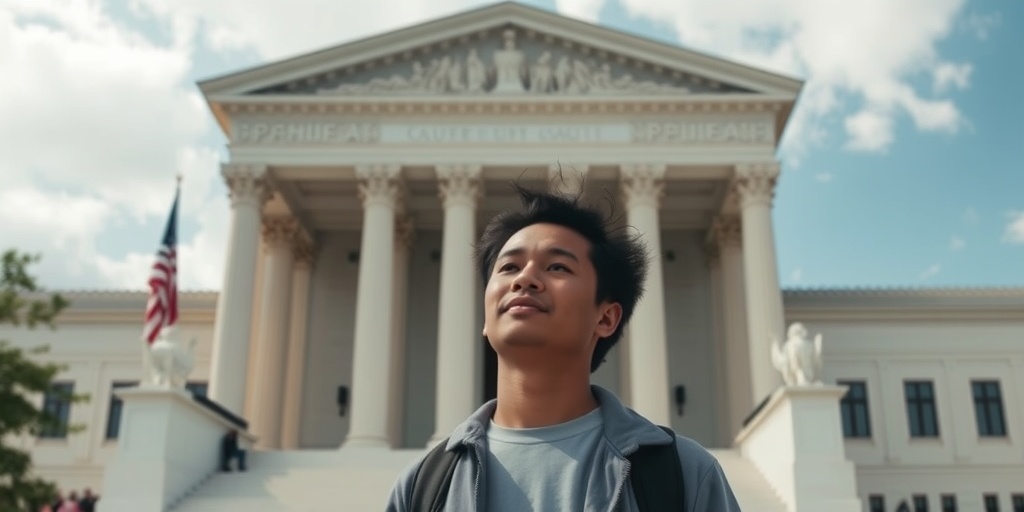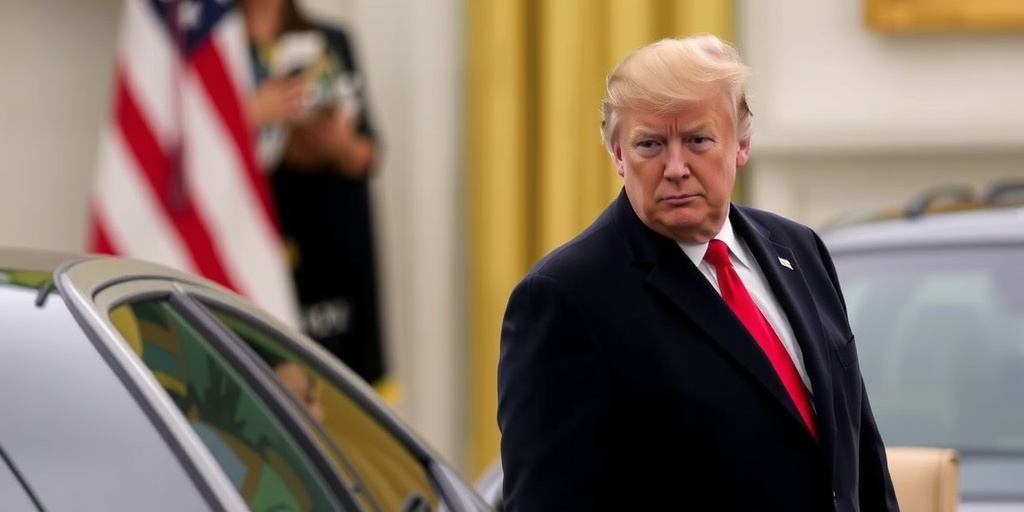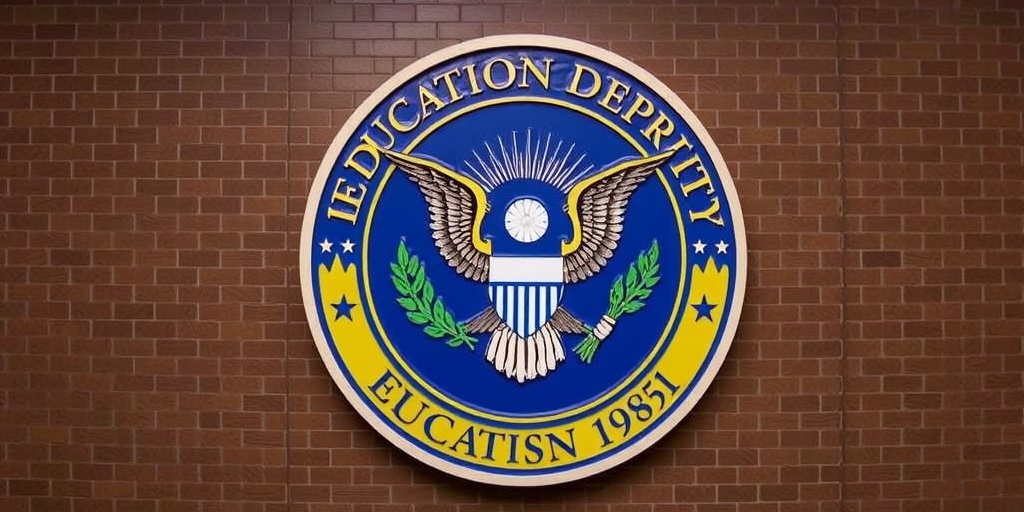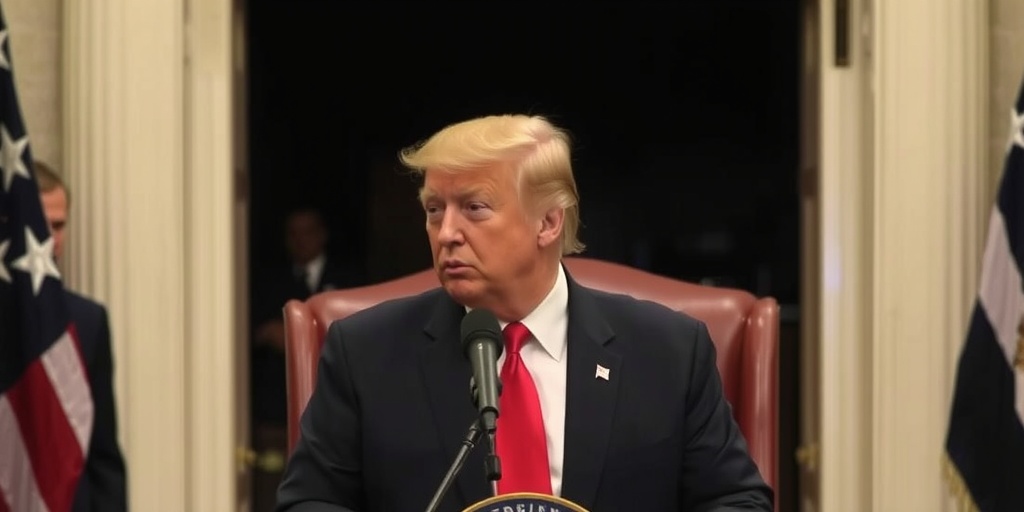Now Reading: Trump Ally’s Retaliation Leads to Prosecutors’ Demotions in Washington
-
01
Trump Ally’s Retaliation Leads to Prosecutors’ Demotions in Washington
Trump Ally’s Retaliation Leads to Prosecutors’ Demotions in Washington
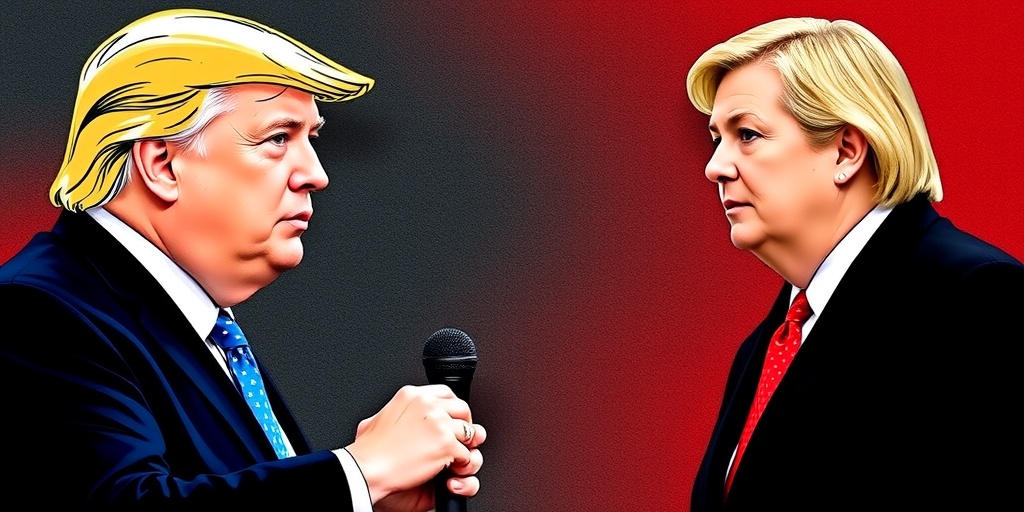
Title: Dramatic Restructuring of U.S. Attorney’s Office in Washington D.C. Amidst Political Fallout
In a significant turn of events, several leading prosecutors from the U.S. attorney’s office in Washington, D.C., were demoted on Friday to less influential roles focused on minor crimes. This shake-up is viewed as part of a broader campaign of retaliation against Justice Department officials by the Trump administration, perceived as adversaries.
Among those affected is a prosecutor who had been instrumental in overseeing cases related to the January 6, 2021, Capitol riots, along with at least two others who contributed to the prosecution of members of extremist groups, such as the Proud Boys and Oath Keepers. These personnel changes were conveyed via a series of emails from Ed Martin, the interim U.S. attorney for Washington, marking the latest in a string of upheavals within one of the nation’s most pivotal federal prosecutors’ offices.
Sources familiar with the situation, who requested anonymity due to the sensitive nature of the topic, suggest that Martin’s actions are being perceived as a blatant attempt to undermine, intimidate, and control the office’s staff under the influence of the White House. This demotion strategy aligns with tactics previously employed by Trump’s political appointees to force career prosecutors to resign.
One prominent figure reassigned was John Crabb Jr., a senior supervisor known for handling tough assignments in recent years. His notable cases included the criminal trials of former Trump associates Roger Stone and Michael Flynn, along with overseeing conspiracy cases stemming from the Capitol attack, which involved notorious groups like the Proud Boys and the Oath Keepers. Another significant demotion occurred for Greg Rosen, who has been at the forefront of all January 6-related prosecutions as the chief of the Capitol Siege section.
These recent adjustments come on the heels of Ed Martin’s previous decision to dismiss over a dozen newly hired prosecutors working on January 6 cases just weeks prior. In addition, Martin has issued threats against Democratic politicians, warning them of potential investigations concerning their public remarks about allies of the Trump administration, including prominent figures like Elon Musk.
Last week, Denise Cheung, a respected leader of the office’s criminal division, resigned after refusing a directive from Martin and other officials to freeze the assets of a government contractor, citing a lack of evidence. The vacancy left by her departure remains unfilled, raising concerns about the lack of leadership in an already demoralized office.
Martin, who was nominated for the position of U.S. attorney in Washington by Trump—despite lacking prior prosecutorial experience—has yet to have his confirmation hearing scheduled. This overhaul of his staff represents one of his most consequential actions thus far. Notably, Martin was present outside the Capitol on January 6 and had previously served on the board of an organization that financed legal fees for those involved in the riots.
In a notable instance of the impact of these changes, Jason McCullough, a key prosecutor in the investigation and prosecution of members of the Proud Boys—five of whom faced serious charges stemming from the Capitol incident—was reassigned from his supervisory role to handling minor misdemeanor cases. Similarly, Kathryn Rakoczy, another senior prosecutor who contributed to securing sedition convictions against the leader of the Oath Keepers, Stewart Rhodes, saw her responsibilities shifted from high-profile federal cases to local Superior Court cases.
Despite inquiries regarding Martin’s new directives, his office did not respond promptly for comment. Rather than communicating the changes personally, Martin opted for a more impersonal approach, informing the affected prosecutors through a brief email sent from his mobile device. This message revealed that they were to be "immediately" transferred to new divisions that are far less esteemed within the hierarchy of the office. In one instance, he instructed a seasoned official—who was reassigned to the misdemeanors division, which typically deals with cases such as public intoxication and petty theft—to transition his active cases to other members of the unit.
“Let me be clear: this change is not temporary,” Martin stated, underlining the permanence of these demotions.
The fallout from these actions has elicited concern among the legal community and raised questions about the political influence over justice processes in the nation’s capital. As the U.S. attorney’s office faces challenges in maintaining its integrity and function amidst these demotions and political maneuvering, the ramifications of these decisions may extend far beyond internal office dynamics, potentially impacting the larger fight against extremism and crime in the country.
Stay Informed With the Latest & Most Important News
Previous Post
Next Post
-
 01New technology breakthrough has everyone talking right now
01New technology breakthrough has everyone talking right now -
 02Unbelievable life hack everyone needs to try today
02Unbelievable life hack everyone needs to try today -
 03Fascinating discovery found buried deep beneath the ocean
03Fascinating discovery found buried deep beneath the ocean -
 04Man invents genius device that solves everyday problems
04Man invents genius device that solves everyday problems -
 05Shocking discovery that changes what we know forever
05Shocking discovery that changes what we know forever -
 06Internet goes wild over celebrity’s unexpected fashion choice
06Internet goes wild over celebrity’s unexpected fashion choice -
 07Rare animal sighting stuns scientists and wildlife lovers
07Rare animal sighting stuns scientists and wildlife lovers














